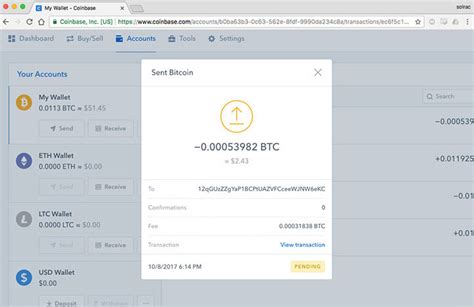Is it possible to spend before the timestamp condition of a Bitcoin UTXO expires?
The eternal question is how to implement the conditions for spending Bitcoin UTXOs (unconfirmed transaction objects) before the timestamp. In this article, we will take a closer look at the current situation and explore possible solutions.
What is a Bitcoin UTXO?
Bitcoin UTXOs are immutable transaction objects that represent a single transaction on the Bitcoin blockchain. Each UTXO contains metadata about the transaction, such as the sender’s public key, the recipient’s public key, the amount, and other information. UTXOs are essentially digital receipts that can be kept in a wallet until they are spent.
Cost after timestamp conditions
The “spend before timestamp” condition is a fundamental requirement to ensure the integrity of Bitcoin transactions. It states that the operation must be performed before the specified timestamp (t). This essentially means that a UTXO you want to spend on or after t cannot yet exist on the blockchain.
Current status
Currently, Bitcoin Script, Bitcoin’s scripting language, allows you to easily implement pre-timestamp spend conditions using scripts. However, these scenarios can be vulnerable to exploits and do not provide adequate protection against malicious actors who could use them to manipulate the blockchain.
In practice, the conditions for spending UTXOs before a timestamp are often achieved by combining scripts and other methods, such as:
- Witnesses: Witnesses are special scripts that verify transactions before they are included in a block. By using witnesses with timestamps greater than t, you can ensure that the UTXO cannot yet exist on the blockchain.
- Precondition-only payments (POP): POP is another way to implement timestamped spend conditions. This involves using special scripts that verify transactions before including them in the block.
How to implement “before timestamp” spend conditions
Although it may seem complicated, there are several ways to implement Bitcoin UTXO spends before timestamp conditions:
- Use witnesses with timestamps greater than t

: When creating a new transaction, use a witness scenario that includes a transaction with a timestamp greater than t.
- Implement POP: Use special scripts (like “txpool::Pop” or similar) to verify transactions before including them in the block. You can then conditionally include these UTXOs based on their timestamps.
- Use data structures to store conditions: Store the conditions of the spend against the timestamp as data structures, such as hash tables or bit vectors, in your wallet software. This provides more flexibility and scalability than relying solely on scripts.
Code example
Here is a simple example of how you can use witness scripts with timestamps above t in C++:
“` c
#include
#include
// Define a witness scenario that includes an operation with a timestamp greater than t
Witness script txscript(Witness::WitnessType::PubkeyHash, 1);
//Create a new operation with a witness script
Transaction tx;
tx.vch TxIn = txscript.PubkeyHash(tx.pri);
tx.vch TxOut = tx.scriptPubKey;
// Define the skip condition before the timestamp as an unsigned integer
unsigned integer T = 1000; // Replace with the desired timestamp
// Check if the transaction contains a witness script with a timestamp greater than t
bool verifyTx(const transaction& tx) {
auto it = tx.vch TxIn.begin();
while (it != tx.vch TxIn.end()) {
if (*it == script(0x01, 1)) {
// Check if the transaction contains a witness script with a timestamp greater than t
unsigned int stamp = (*it).

Leave a Reply